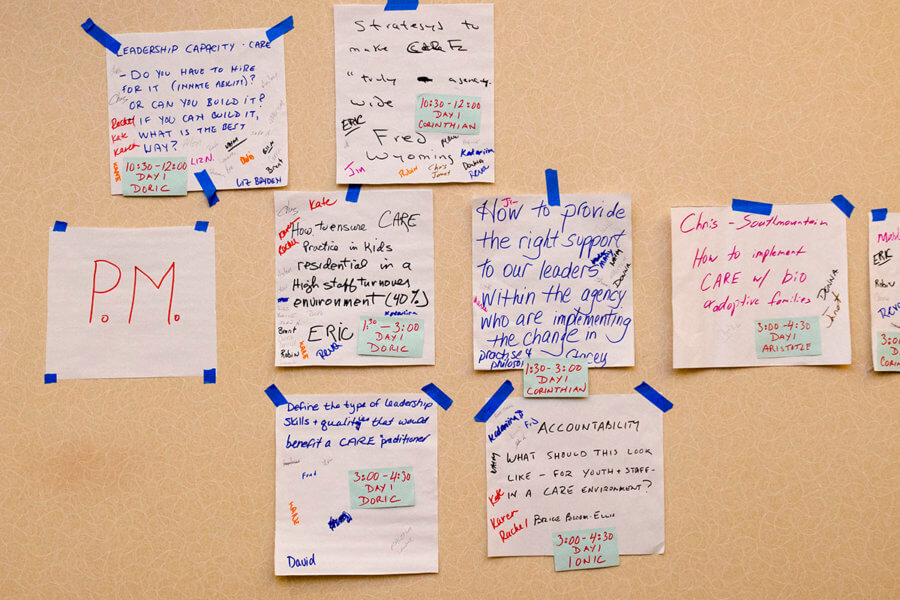The BCTR’s Residential Child Care Project received a $2.9 million grant from the National Institute of Justice to evaluate a program that helps teachers manage aggressive and challenging behavior among students in the Syracuse City School District.
BCTR researchers will be evaluating a program called Therapeutic Crisis Intervention for Schools, or TCI-S, which trains school staff how to use trauma-informed practices to anticipate and de-escalate disruptive behavior, manage aggression, and help students learn social and emotional skills. To provide the organizational support that teachers need, TCI-S consultants will work with district and school leaders to expand and develop new policies and procedures that provide monitoring, supervisory, and clinical assistance to teachers
The project will begin in January and run for four years.

Debbie Sellers
“This grant provides us with a wonderful opportunity to help struggling schools and build the evidence base for our longest-standing program – Therapeutic Crisis Intervention,” said Debbie Sellers, director of research and evaluation for the Residential Child Care Project.
Almost half of children in the Syracuse District live at or below the national poverty threshold. Living in poverty increases a child’s risk of being exposed to trauma and other adverse childhood experiences. These exposures often impair the development of executive and social-cognitive functions that play a central role in learning and the regulation of emotions and social behavior, Sellers said.
“Teachers need skills and strategies that help them interact with students in ways that promote self-regulation of emotions and behavior,” she explained. “The TCI-S program trains teachers on how to prevent and de-escalate crises and teach students constructive ways to deal with stressful situations.”
For this project, BCTR researchers will conduct a randomized-controlled trial in 19 elementary and kindergarten-through-eighth-grade schools to determine whether TCI-S leads to fewer disciplinary infractions in schools. They will also conduct a longitudinal qualitative interview study of school staff about how they practice TCI-S and their perceptions of school safety and climate.
TCI-S is part of the BCTR’s Residential Child Care Project, which translates current research into programs that are designed to improve the quality of care for children in group care settings, schools, juvenile justice programs, foster care, adoptive families, and community-based programs.









